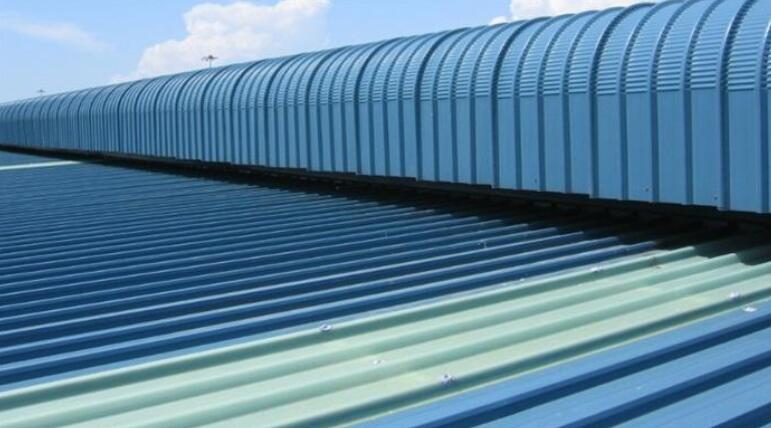Drywall Corner Bead Machine for Efficient Interior Finishing and Seamless Edges
Understanding the Drywall Corner Bead Machine Revolutionizing Construction and Finishing Processes
In the realm of construction and interior finishing, achieving smooth, aesthetically pleasing corners on drywall installations is a fundamental yet often challenging task. The introduction of the drywall corner bead machine has significantly transformed how contractors and builders approach this process, enhancing efficiency and precision while reducing labor costs.
What is a Drywall Corner Bead Machine?
A drywall corner bead machine is a specialized piece of equipment designed to apply corner beads to drywall seams. Corner beads, typically made of metal or plastic, are used to strengthen and protect the edges and corners of drywall during and after installation. The machine automates the process, ensuring that the corner beads are consistently applied with the right amount of adhesive, speeding up the installation process.
The Benefits of Using a Drywall Corner Bead Machine
1. Increased Efficiency One of the primary advantages of a drywall corner bead machine is the significant increase in efficiency it offers. Traditional methods of applying corner beads often involve manual labor, which can be time-consuming and labor-intensive. By automating this process, contractors can complete drywall installations in a fraction of the time, allowing teams to take on more projects and increase overall productivity.
2. Enhanced Precision Manual installation of corner beads can lead to inconsistencies and imperfections, potentially resulting in costly fixes later on. A drywall corner bead machine ensures a uniform application, enhancing the overall aesthetic of the finished project. The precision of these machines significantly reduces the risk of defects in the corners, leading to a cleaner, more professional appearance.
drywall corner bead machine

3. Reduced Labor Costs With the efficiency and speed that a corner bead machine provides, labor costs can decrease. Fewer workers are needed to achieve the same output, and the time savings can result in a considerable reduction in overall project costs. This financial benefit is particularly appealing to contractors looking to maximize their profit margins while maintaining quality.
4. Versatility Modern drywall corner bead machines are designed to handle various materials and bead types. Whether it’s a standard corner bead, bullnose, or other custom profiles, these machines can adapt to different needs, making them valuable assets for both small and large-scale projects. This versatility minimizes the need for multiple tools, further streamlining the finishing process.
5. Improved Safety By automating the application process, drywall corner bead machines also contribute to a safer working environment. Construction sites can be hazardous, and while manual application involves using sharp tools and heavy materials, machines reduce the direct handling of these items. Thus, the risk of injuries is lowered, promoting a healthier workspace.
Operating a Drywall Corner Bead Machine
Operating a drywall corner bead machine usually involves loading the machine with the appropriate type of corner bead, adjusting settings for the specific application, and feeding the drywall edges into the machine for treatment. While these machines are user-friendly, proper training is essential to ensure maximum efficiency and safety during operation.
Conclusion
The drywall corner bead machine represents a significant advancement in the construction industry, enhancing efficiency, quality, and safety during drywall finishing processes. With the benefits of increased productivity, reduced labor costs, and improved precision, it has become an indispensable tool for contractors looking to optimize their workflows and deliver superior results. As technology continues to evolve, we can anticipate even more innovations in drywall finishing equipment, further solidifying the role of machines in streamlining construction processes. Investing in a drywall corner bead machine not only modernizes operations but also positions businesses to excel in a competitive market.
-
Roof Panel Machines: Buying Guide, Types, and PricingNewsJul.04, 2025
-
Purlin Machines: Types, Features, and Pricing GuideNewsJul.04, 2025
-
Metal Embossing Machines: Types, Applications, and Buying GuideNewsJul.04, 2025
-
Gutter Machines: Features, Types, and Cost BreakdownNewsJul.04, 2025
-
Cut to Length Line: Overview, Equipment, and Buying GuideNewsJul.04, 2025
-
Auto Stacker: Features, Applications, and Cost BreakdownNewsJul.04, 2025
-
Top Drywall Profile Machine Models for SaleNewsJun.05, 2025








